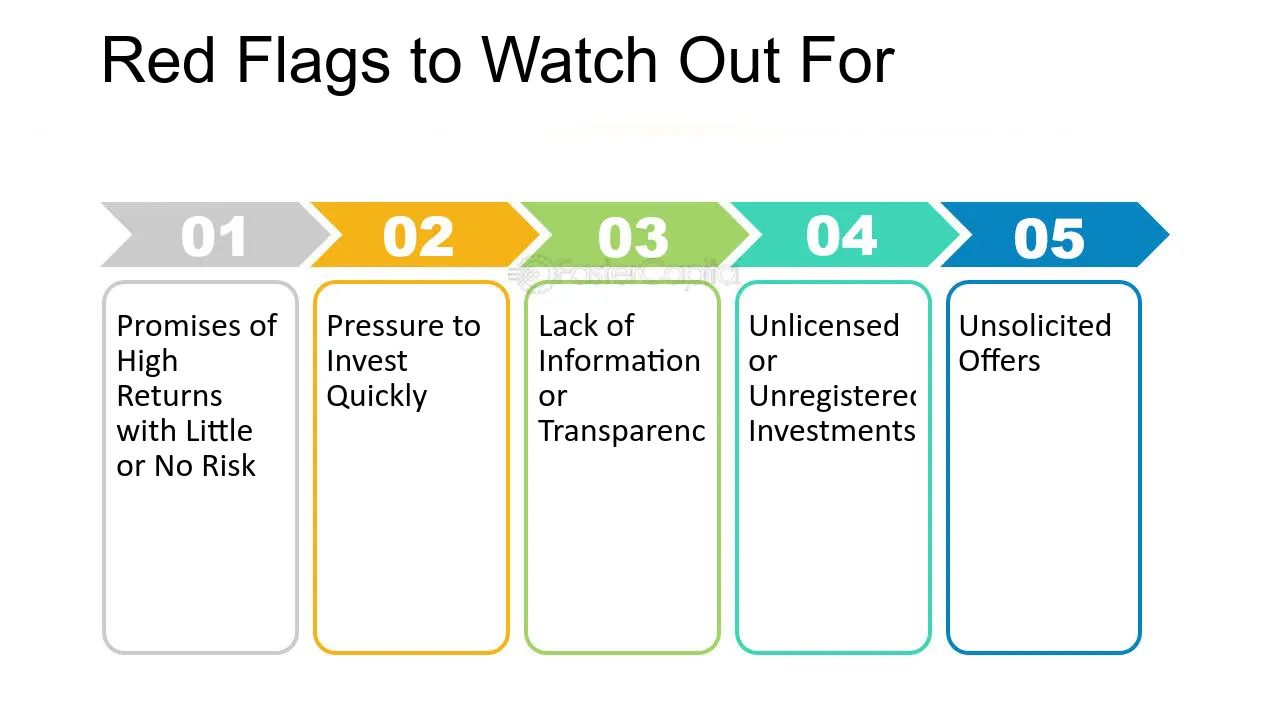
The Key Differences Between Forex Trading and Stocks Trading In Kenya
Forex (Foreign Exchange) and stocks are both financial markets that allow investors to buy and sell assets, but there are some key differences between the two in Kenya.
- Trading Hours: The Nairobi Securities Exchange (NSE), where stocks are traded, has fixed trading hours of 9:00 am to 3:00 pm local time, Monday to Friday. Forex, on the other hand, is a decentralized market that operates 24 hours a day, five days a week. This means that forex traders can participate in the market at any time, regardless of their location or time zone.
- Liquidity: The forex market is the largest financial market in the world, with an average daily trading volume of over $6 trillion. This makes it a highly liquid market, which means that there is always a buyer and a seller for any currency pair. The stock market in Kenya is relatively small in comparison, with a lower trading volume and fewer listed companies.

- Investment Opportunities: Stocks provide investors with the opportunity to invest in individual companies and share in their profits through dividends or stock price appreciation. Forex, on the other hand, involves trading currencies and profiting from changes in their exchange rates. Forex trading is often done with leverage, which means that traders can control larger positions with a smaller amount of capital.
- Risks: Both forex and stock trading involve risks. However, forex trading is generally considered to be riskier than stock trading due to the high leverage involved. Leverage can amplify both gains and losses, which means that forex traders can lose more than their initial investment if their trades go against them.
In summary, the forex market and stock market in Kenya have their differences in terms of trading hours, liquidity, investment opportunities, and risks. It is important for investors to do their own research and understand the risks involved before deciding to invest in either market.




